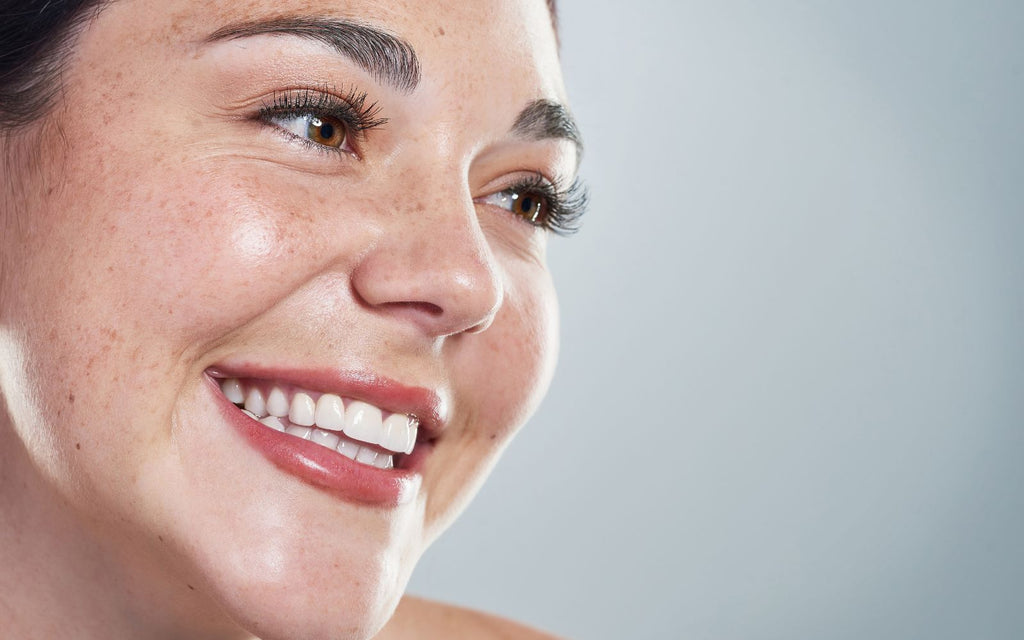Laser Hair removal, Uncategorized
Laser Hair Removal for Those with Skin Conditions: Is It Safe and Effective?
If you have a skin condition, you may be wondering whether laser hair removal is a safe and effective option for you. While laser hair removal is generally considered safe and effective for most people, there are a few skin conditions that may affect the procedure and its results.
One common skin condition that may affect laser hair removal is acne.

Acne is a skin condition that results from clogged pores, and it can cause bumps, pimples, and cysts to form on the skin. Acne is typically treated with medications and other topical treatments, and laser hair removal may be used to remove hair from affected areas.
However, it’s important to note that laser hair removal may not be suitable for all types of acne. For example, if you have active cystic acne, laser hair removal may not be a good option. This is because the laser energy may cause the acne to become more inflamed or worsen the condition. If you have acne, it’s important to consult with a dermatologist or other skin care professional before undergoing laser hair removal to ensure that it is safe and effective for you.
Another skin condition that may affect laser hair removal is eczema.

Eczema is a skin condition that causes inflammation, redness, and itching, and it can be triggered by a variety of factors, including stress, allergies, and environmental irritants. Laser hair removal may be used to remove hair from affected areas, but it’s important to note that the laser energy may cause the eczema to become more inflamed or worsen the condition. If you have eczema, it’s important to consult with a dermatologist or other skin care professional before undergoing laser hair removal to ensure that it is safe and effective for you.
In addition to acne and eczema, there are a few other skin conditions that may affect laser hair removal.
These include:
- Psoriasis: This is a skin condition that causes the skin to become inflamed and form red, scaly patches. Laser hair removal may be used to remove hair from affected areas, but it’s important to note that the laser energy may cause the psoriasis to become more inflamed or worsen the condition.
- Rosacea: This is a skin condition that causes redness, flushing, and bumps on the face. Laser hair removal may be used to remove hair from affected areas, but it’s important to note that the laser energy may cause the rosacea to become more inflamed or worsen the condition.
- Vitiligo: This is a skin condition that causes the skin to lose its pigment, resulting in white patches on the skin. Laser hair removal may be used to remove hair from affected areas, but it’s important to note that the laser energy may cause the vitiligo to become more inflamed or worsen the condition.
If you have a skin condition, it’s important to consult with a dermatologist or other skin care professional before undergoing laser hair removal to ensure that it is safe and effective for you. Your practitioner will be able to advise you on any precautions that may be necessary and help you make an informed decision about whether laser hair removal is right for you.
In conclusion, laser hair removal is generally considered safe and effective for most people.
However, there are a few skin conditions that may affect the procedure and its results. If you have a skin condition, it’s important to consult with a dermatologist or other skin care professional before undergoing laser hair removal to ensure that it is safe and effective for you.
